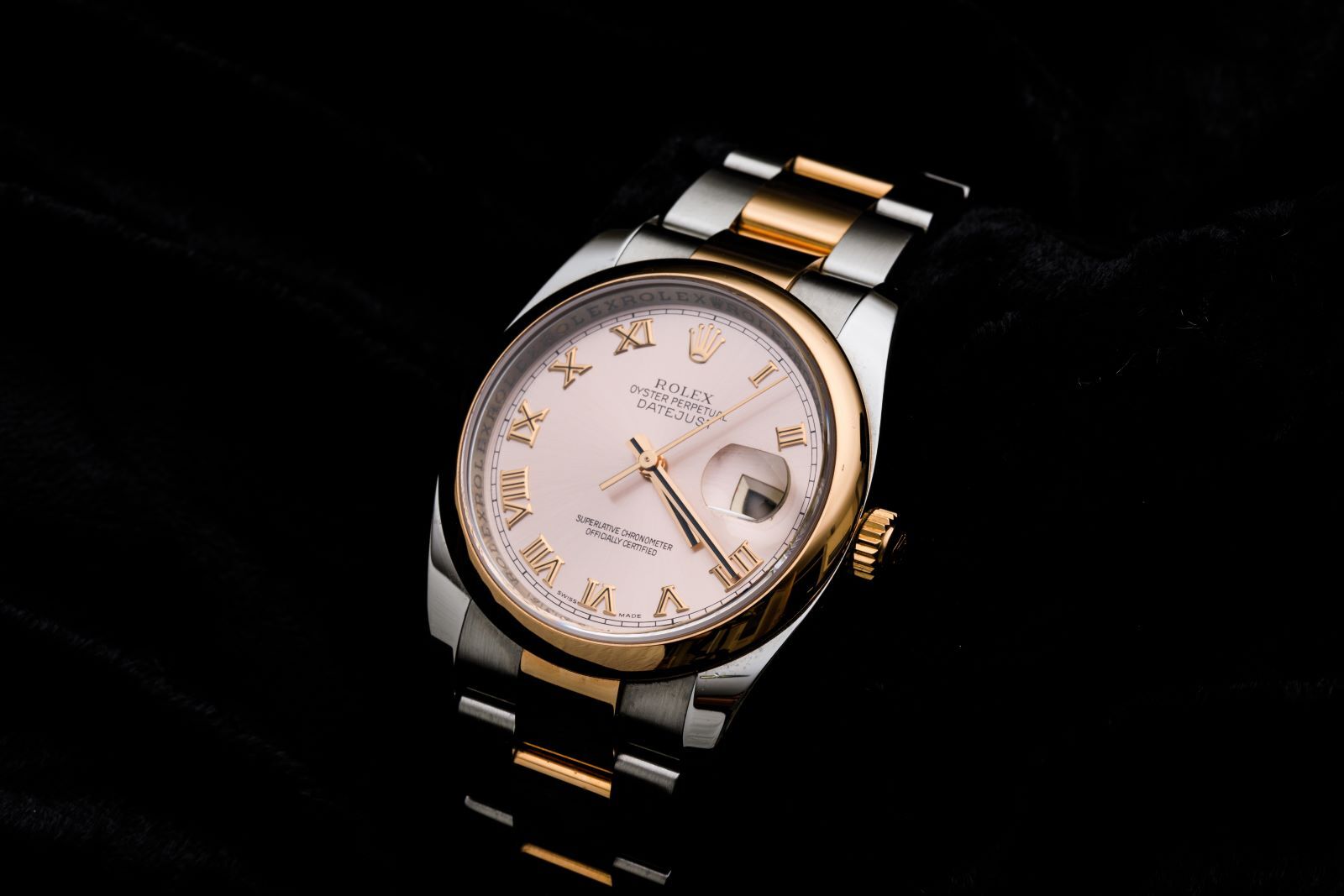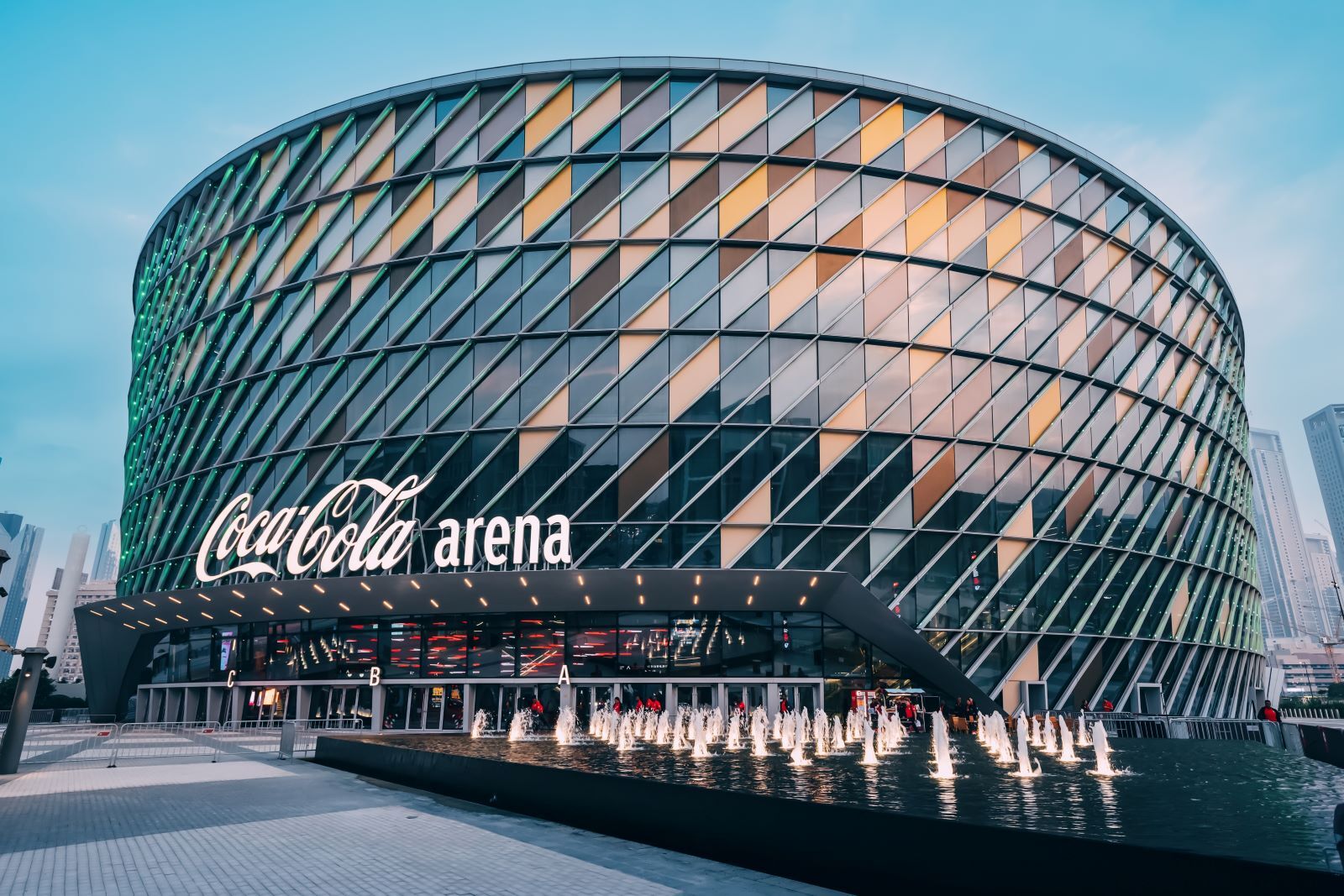Exotic Investments – Returns, Risks And Portfolio Effects
Published: 22 August 2025
Some of the best investments don't come in traditional packaging. No ticker symbols, no fund fact sheets, no quarterly reports. Instead, they hang on walls, sit in garages, or age quietly in climate-controlled cellars.
For many wealthy families in the UAE, these "exotic" investments have become as important as their stock portfolios — sometimes more so. We're talking about art, vintage cars, rare watches, fine wine, and other assets that blur the line between passion and profit.
.jpg?width=1000&height=563&name=unnamed%20(76).jpg)
What Makes an Investment "Exotic"?
The definition depends on who you ask, but most people mean anything that isn't stocks, bonds, or regular real estate. Things that take longer to appreciate, longer to sell, and require specialised knowledge to buy well.
A first-edition Hemingway that doubles in value over ten years. A 1960s Porsche 911 that appreciates faster than the S&P 500. A case of Bordeaux that never gets opened but quietly appreciates in value each year. These investments reflect personal taste as much as financial strategy.
The appeal is obvious: you can actually enjoy what you own while it potentially grows in value.
Why People Are Shifting
Traditional investments feel increasingly abstract to many wealthy investors, especially younger ones who've made their money in tech or business. Owning something physical — something you can see, touch, or even drive — feels more real than another line item in a portfolio.
This is particularly true in the UAE, where many successful people have international backgrounds and appreciate things that go beyond borders: art that speaks across cultures, watches that represent craftsmanship and cars that embody engineering excellence.
There's also a lifestyle element. These investments create experiences. You don't just own a vintage Ferrari ??— you take it to rallies, meet other collectors, learn about automotive history. That community aspect can be as valuable as the financial returns.
Art: More Than Wall Decoration
Art remains the most established alternative investment, and for good reason. The right pieces can outperform traditional markets, especially if you buy early or have access to the right dealers.
Dubai's art scene has grown dramatically, with Art Dubai becoming a regional fixture and galleries opening throughout DIFC and Alserkal Avenue. Some families are building serious collections, working with advisors who understand both the aesthetic and investment sides.
But art isn't just about returns. It provides cultural connections, starts conversations, and creates a legacy that can be passed through generations.
Watches, Wine, and Wheels
The luxury watch market has exploded over the past decade. Certain Patek Philippe models now sell for more than most people's houses. Rolex Daytonas that cost $15,000 new can trade for $50,000 or more on the secondary market.
Classic cars sit in a league of their own entirely. A well-chosen Ferrari from the 1960s has outperformed most hedge funds over the past twenty years. The key is buying cars with strong provenance, racing history, or limited production numbers.
Wine investing has become similarly sophisticated. You can now buy shares in professionally stored cases of Bordeaux or Burgundy through specialised platforms. Some investors build entire cellars without ever intending to drink a bottle.
The storage and maintenance costs are real — climate-controlled wine cellars, professional car storage and insurance for valuable watches. But for many collectors, these ongoing expenses are part of the enjoyment rather than just a cost.
Property Beyond the Ordinary
Most UAE investors know residential real estate well, but exotic property is different. We're talking about châteaux in France, vineyards in Argentina, or beachfront land in emerging markets that might boom in twenty years.
These purchases are often about lifestyle as much as investment. A vineyard isn't just a property — it's a business, a hobby, and potentially a family legacy. The same applies to historic estates or unique properties that offer experiences you can't get from a Dubai apartment.
The complexity is real though. Foreign property laws, tax implications, and local regulations can be challenging. Many investors work through specialised funds or partnerships rather than buying direct.
The Reality Check
Exotic investments sound exciting, but they're not without risks. Markets for art, watches, or classic cars can be illiquid and volatile. What's valuable today may hold less appeal tomorrow.
Authentication matters enormously. Fake watches, forged artwork, and cars with questionable histories are real problems. Due diligence means more than financial analysis — it requires understanding craftsmanship, provenance, and market dynamics. Sotheby’s works with collectors worldwide on these details, offering authentication advice, valuations, and even practical help with shipping.
Storage, insurance, and maintenance costs add up. A vintage car that appreciates 10% annually might net much less after accounting for proper storage, regular servicing, and comprehensive insurance.
Most importantly, these investments require genuine interest and knowledge. Proper understanding and appreciation of what you're buying means you're less likely to make expensive mistakes.
Making It Work
Exotic investments work best when they complement rather than replace traditional portfolios. Most advisors suggest keeping alternative investments to 10-20% of total wealth, though some collectors go much higher.
The key is treating them seriously. Research thoroughly, buy quality over quantity, and work with experts who understand the specific markets you're entering. That might mean art dealers, classic car specialists, or wine merchants, expertise matters — or working with Sotheby’s global network to access rare pieces and trusted sources that aren’t easily found elsewhere.
Most successful exotic investors buy things they genuinely enjoy. The financial returns become a bonus rather than the primary motivation. If you're going to own a painting for ten years, you'd better like looking at it.
Beyond the Returns
Exotic investments offer something traditional assets can't: the ability to enjoy your money while potentially making more of it. They create stories, build communities, and reflect personal interests in ways that stock portfolios never will.
For families in the UAE, where international backgrounds and diverse interests are common, these investments often feel more meaningful than traditional alternatives. They're conversation starters, learning opportunities, and sometimes genuine passions that happen to appreciate in value.
The best exotic investments aren't just financial assets — they're extensions of who you are and what you value. In a world of increasingly abstract wealth, that tangible connection might be the most valuable return of all.



